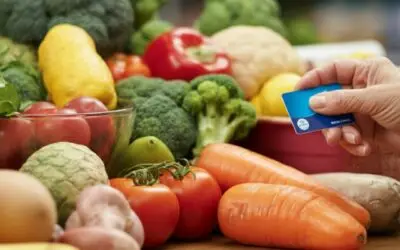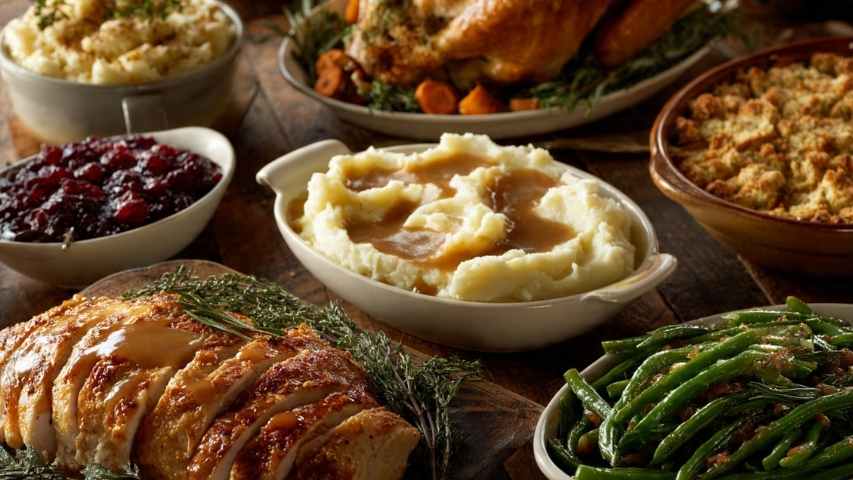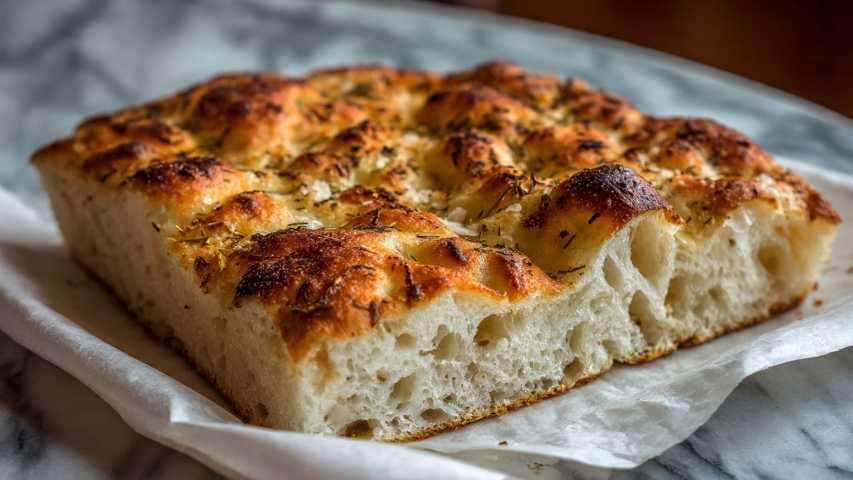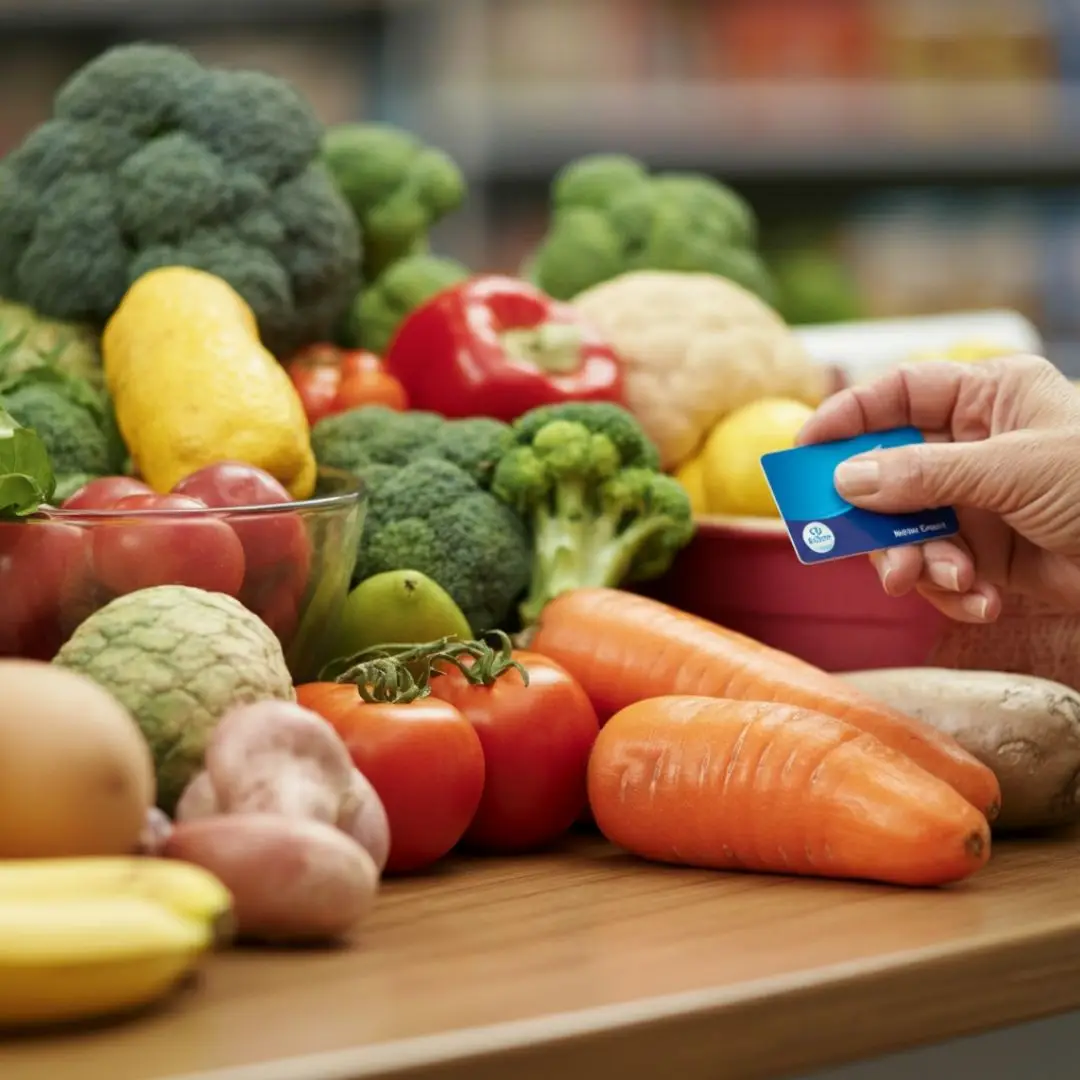If you have an Over-the-Counter (OTC) card, you’ve likely discovered how it can make accessing everyday essentials more convenient and affordable. But did you know that you can also use it to buy various healthy foods? Whether you’re a senior, a caregiver assisting a loved one, or simply navigating the world of OTC benefits for the first time, understanding the range of food items you can purchase is critical.
This guide provides an easy-to-follow list of food items typically covered by OTC cards, tips for getting the most from your card, and some frequently asked questions. Keep reading to understand better how your OTC card can support your health and budget.
What Is an OTC Card?
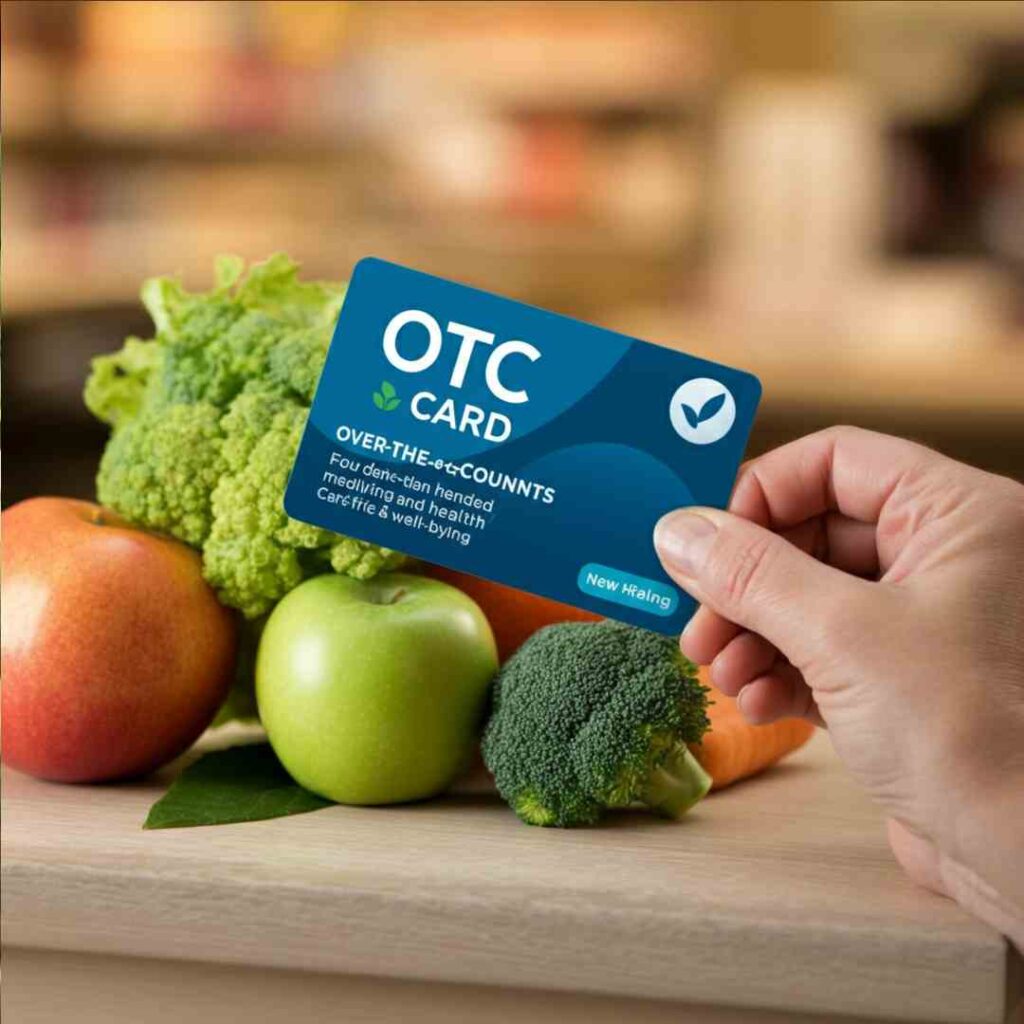
An OTC (Over-the-Counter) card is a prepaid benefits card offered through certain Medicare Advantage plans, Medicaid-managed care plans, or other health insurance programs. These cards are designed to help health plan members access products and services that promote health and well-being.
While OTC cards are widely recognized for covering non-prescription medicines and medical supplies, such as bandages or allergy medications, many also allow you to purchase healthy food items. This can be particularly beneficial for seniors and health-conscious individuals aiming to improve or maintain their well-being.
Check with your insurance provider to verify your specific card’s benefits, as coverage may vary between programs.
Why Use an OTC Card for Groceries?
The option to use your OTC card for food offers multiple advantages, including:
Savings: Reduce out-of-pocket expenses for nutritious items, making it easier to maintain a healthy diet.
Convenience: You can shop for food items and other OTC-eligible products in one trip.
Healthy Eating: Many OTC programs encourage cardholders to purchase items that align with a balanced diet, such as fresh produce and whole grains.
Accessibility: Perfect for seniors or caregivers seeking more straightforward ways to shop for health-promoting foods.
Now, let’s examine what foods you can buy with your card.
Food Items Eligible for Purchase with an OTC Card
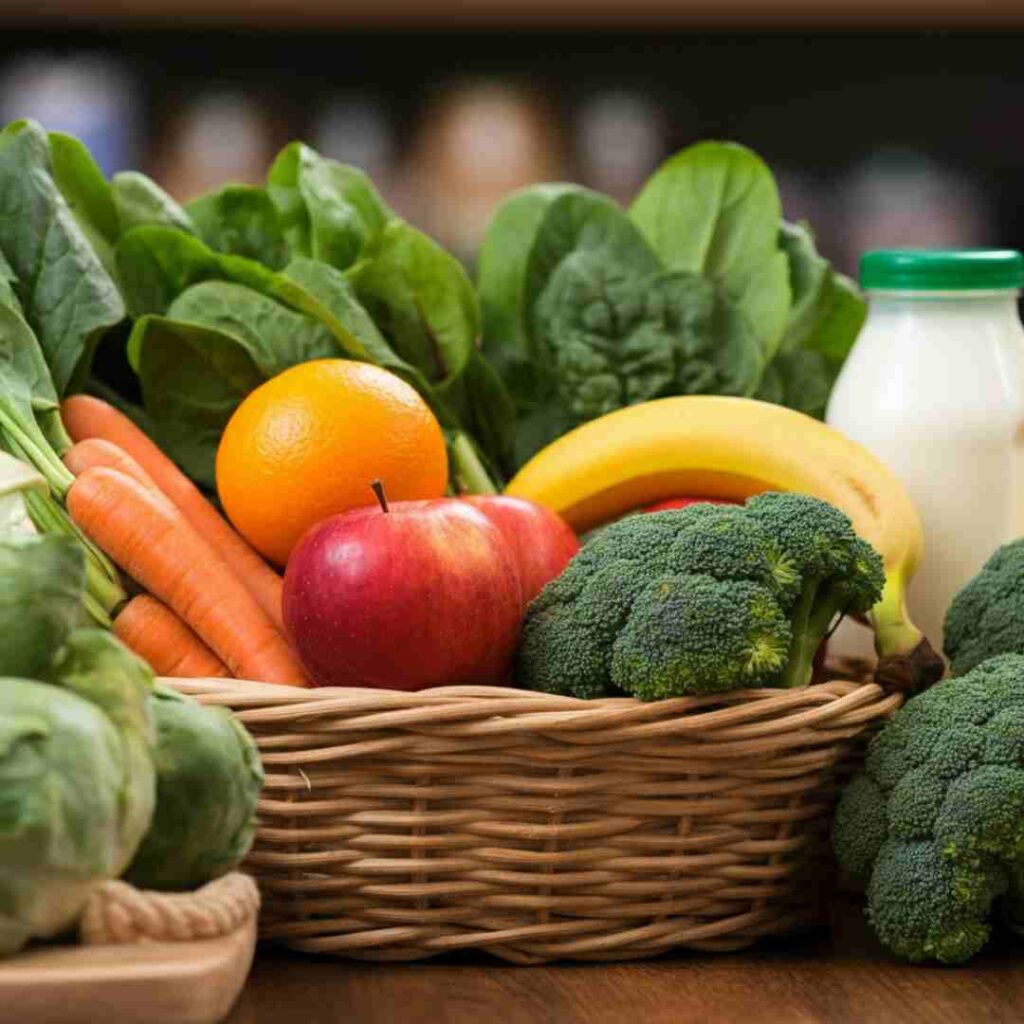
While every OTC program may have its unique guidelines, here’s a general list of food products that are often eligible for purchase:
Fresh Fruits and Vegetables
Your OTC card likely covers many fresh fruits and vegetables with essential vitamins, minerals, and antioxidants. Examples include:
- Apples, oranges, and bananas
- Carrots, peppers, and broccoli
- Leafy greens like spinach and kale
Pro tip: Check for seasonal specials to maximize value!
Whole Grains
Healthy grains are excellent for maintaining energy levels and improving digestion. Eligible items often include:
- Oatmeal and rolled oats
- Whole-grain bread
- Brown rice and quinoa
Low-fat or Non-Dairy Products
Many OTC programs encourage heart-healthy alternatives, such as:
- Low-fat milk or lactose-free milk
- Plant-based options like almond or soy milk
- Low-fat yogurts and cheese
High-Quality Protein Sources
Rich in essential amino acids, these foods can help you meet your nutritional needs. Everyday eligible items are:
- Eggs
- Canned tuna, salmon, or chicken
- Tofu and tempeh for plant-based options
Healthy Snacks
You’ll find options for guilt-free snacking with items such as:
- Mixed nuts
- Low-sodium popcorn
- Dried fruits with no added sugar
Canned and Frozen Options
For convenience and longevity, stores often carry eligible:
- Canned vegetables with low sodium
- Frozen fruits and vegetables
- Frozen fish fillets or lean meats
Beverages

Hydration and health go hand-in-hand. You can often purchase:
- Bottled water
- Herbal teas
- 100% fruit juices without added sugars
Pantry Staples
Stock the essentials for cooking and meal preparation:
- Olive oil and other heart-healthy cooking oils
- Herbs, spices, and seasonings
- Low-sodium broth or stock
It’s always a good idea to check with your OTC program administrator or retailer to confirm which items are eligible under your plan, as there may be restrictions.
Top Retailers for Using Your OTC Card
Many major retailers accept OTC cards, making it easy to shop for eligible foods. Some popular options include:
Walmart: A wide range of fresh, frozen, and pantry food items.
CVS and Walgreens: Accessible locations often stocked with eligible grocery basics.
Kroger and Affiliates: Many regional grocery stores accept OTC cards for eligible food items.
Publix: Known for fresh produce and high-quality goods.
Specialty Health Stores: Some plans even cover items from stores like Whole Foods or Sprouts Farmers Market.
Always check with your preferred store to ensure they accept OTC cards and confirm eligible items.
Tips for Getting the Most Out of Your OTC Card
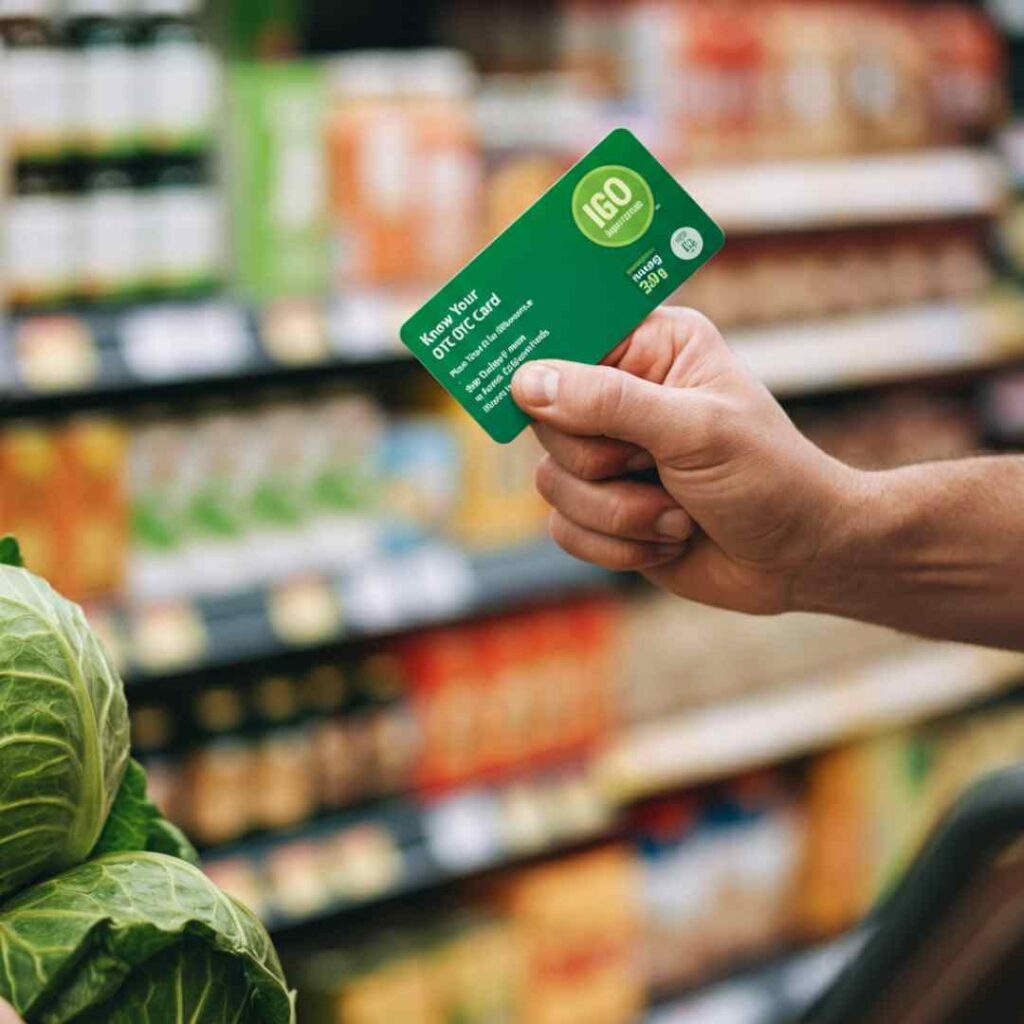
Here are some practical tips to maximize the benefits of your OTC card:
Know Your Allowance: Understand how much you can spend each month or quarter, as unused funds may not roll over.
Plan Ahead: Make a shopping list of eligible items before heading to the store.
Shop During Discounts: To stretch your dollars further, look for sales on healthy options like fresh produce or grains.
Double-Check Eligible Items: Remember, some healthy items may not qualify. For example, potato chips likely won’t cut!
Use Online Tools: Some OTC programs offer an online portal or mobile app to help you track purchases, find participating retailers, or browse eligible products.
By following these tips, you’ll be well on your way to maximizing your OTC card benefits and enjoying nutritious meals.
Frequently Asked Questions
Can I Use My OTC Card on Non-Eligible Items?
No, OTC cards are restricted to specific items your health plan outlines. This excludes sugary snacks, sodas, alcohol, and other non-essential goods.
How Can I Find Out What’s Covered on My OTC Card?
You can refer to the program guidelines provided by your health plan or contact customer service directly to clarify which items are eligible.
Are Organic or Specialty Products Covered?
Some plans may include organic, gluten-free, or specialty products if they fall into an eligible category, such as fruits, vegetables, or whole grains.
Can My Caregiver Use My OTC Card on My Behalf?
Yes! Many programs allow caregivers to make purchases for their loved ones using the card.
Can I Roll Over My OTC Funds If I Don’t Use Them?
Most health plans do not allow OTC funds to roll into the next benefit period, so tracking your monthly spending is a good idea.
Don’t Leave Money on the Table—Start Shopping Smart Today!
An OTC card is more than just a convenience—it’s a tool to make your life healthier, more affordable, and just a little bit easier. From fresh produce to pantry essentials, your card opens up a world of nutritious options that support your well-being.
To maximize your OTC card, visit participating retailers, plan your purchases, and focus on eligible, wholesome foods. With these tips, you’ll turn your card into a key to better health. Happy shopping!










